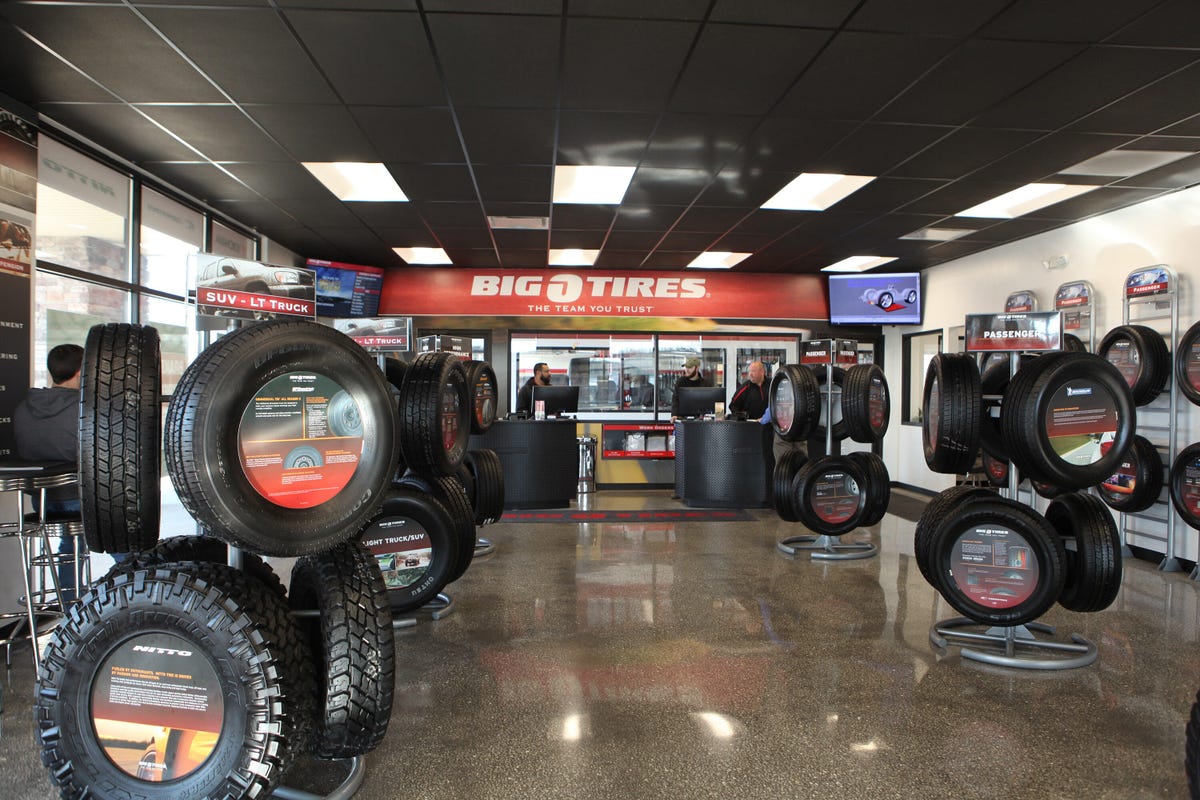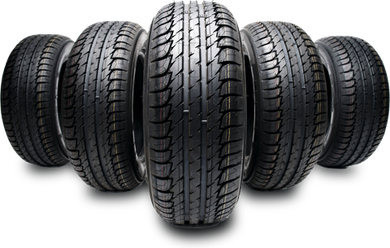Tire Solution: Recognizing Tire Stress Monitoring Systems
Understanding Tire Stress Monitoring Equipments (TPMS) is an essential aspect of preserving optimal vehicle performance and safety when driving. With advancements in automotive technology, TPMS has actually come to be a typical attribute in contemporary lorries, giving real-time details on tire stress levels. Digging deeper into the intricacies of TPMS, one can uncover the different elements that comprise this system and the significance of each in guaranteeing precise tracking. From straight to indirect TPMS systems, the landscape of tire pressure surveillance is varied, each with its distinct set of benefits and factors to consider. Stay tuned to decipher the intricacies of TPMS, from maintenance pointers to the undeniable benefits of keeping your tires appropriately inflated. tires morris il.

Significance of TPMS
The significance of Tire Pressure Surveillance Systems (TPMS) exists in their capability to enhance automobile safety and performance with real-time monitoring of tire pressure levels. Preserving the proper tire stress is essential for making certain optimum handling, braking, and overall safety of an automobile. TPMS supplies vehicle drivers with immediate comments on any type of overinflated or underinflated tires, allowing for prompt changes to be made.
Parts of TPMS
Comprising different necessary aspects, a Tire Pressure Monitoring System (TPMS) functions as an innovative safety and security function in modern-day lorries. The main elements of a TPMS include sensors, a control component, and a caution sign. Sensing units are typically located in the tire valve stem or connected to the wheel setting up, where they gauge tire pressure and transfer data to the control module. The control component processes this info and causes a caution if it finds significantly low stress in any of the tires. The caution indication, often an icon on the control panel, alerts the motorist to inspect the affected tire or tires. Some progressed TPMS versions also display the real tire pressure analyses for each and every tire, offering drivers with real-time information to make certain optimal tire efficiency and safety and security. By monitoring tire stress continuously, TPMS helps protect against accidents, minimizes tire wear, and enhances fuel efficiency, making it an essential component for lorry safety and performance.
Kinds Of TPMS

On the other hand, indirect TPMS counts on the car's wheel rate sensors to keep track of tire stress. This system discovers underinflation by comparing the rotational rates of the wheels. Indirect TPMS is much less expensive than straight TPMS, as it makes use of existing sensing units within the car.
While straight TPMS uses extra exact readings, indirect TPMS is less complex in design and generally calls for much less maintenance. Both systems have their advantages and limitations, and the choice between them typically depends upon factors such as expense, automobile make, and individual choice. Understanding the differences between these 2 kinds of TPMS can aid automobile owners make informed decisions relating to tire maintenance and security.
TPMS Maintenance Tips
Conduct routine checks on the tire stress degrees and contrast them with the TPMS analyses to guarantee they are consistent. During tire turning or replacement, make certain that the TPMS elements are dealt with carefully to protect against any kind of possible damage. If the TPMS alerting light brightens on the dashboard, address the issue promptly by checking the tire pressures and the overall system for any faults.
Advantages of Proper Tire Stress
Maintaining appropriate tire pressure, as stressed in TPMS Upkeep Tips, is crucial for gaining the various advantages linked with ideal tire stress levels. Among the main benefits of preserving the proper tire pressure is boosted fuel effectiveness. When tires are properly inflated, there is much less rolling resistance, causing far better fuel economic situation. In addition, proper tire stress makes certain also tire wear, extending the life-span of the tires and promoting safer driving conditions. continue reading this With the ideal tire stress, automobiles also have much better handling and grip, particularly in unfavorable weather. This can enhance overall driving efficiency and safety for the vehicle driver and guests. Moreover, keeping ideal tire pressure can add to a smoother and much more comfy ride by decreasing resonances and noise caused by underinflated tires. In final thought, the advantages of correct tire stress go beyond just tire long life; they encompass improved fuel best site efficiency, boosted safety and security, much better lorry efficiency, and general driving convenience.
Verdict
To conclude, understanding tire pressure surveillance systems (TPMS) is important for keeping optimal tire stress and making sure lorry safety and security. By acknowledging the significance of TPMS, recognizing with its components, recognizing the different types readily available, sticking to proper upkeep pointers, and understanding the benefits of keeping proper tire stress, drivers can boost their driving experience and prolong the life-span of their tires. Proper tire stress is vital to reliable and secure lorry procedure.
